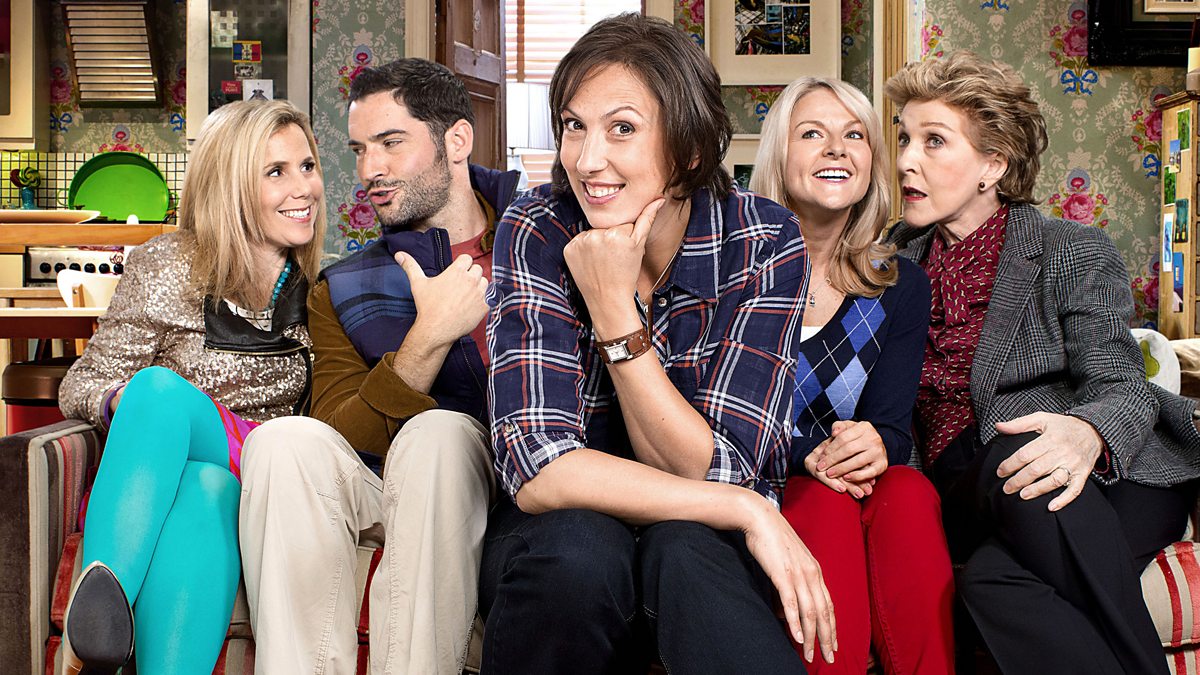When the libraries are shut down, it can be a lifesaver to bump into a reader whilst out for a stroll. Then you can negotiate an exchange. I got my hands on Magpie Murders by Anthony Horowitz.
I'm not usually into whodunit books (I prefer to watch them, courtesy of BBC via PBS). But Horowitz was the writer of Foyle's War, one of my favorite series (Foyle is a detective solving murders in England while World War II rages).
Magpie Murders was quite gripping, to the point I shamelessly let Ben play with my phone (in airplane mode, so he can't call Luke's doctor friend) so I could finish it.
There were two quotes in there I found intriguing.
One:
In fact, Fraser had often heard the detective remark that there was no
such thing as a coincidence. There was a chapter in The Landscape of
Criminal Investigation where he had expressed the belief that everything
in life had a pattern and that a coincidence was simply the moment when
that pattern became briefly visible.
The detective, I should note, is a Holocaust survivor who is a professed atheist.
Two:
OK, I don't have the actual quote, because I failed to memorize the correct page on Shabbos. I didn't have the energy to start rifling through a few hundred pages to locate it, and then my sister-in-law popped by and she desperately needs books the way I do, so I handed it off.
So, as best as my memory can summon it: Cruelty and thoughtlessness have the same results.
Or something like that.
Han was telling over something he had read by a black Jewish woman. She is constantly hurt by people who make assumptions that this is her first time at a frum simcha, or that she is a guest as opposed to part of the family. She has gone home in tears more than once.
But here's the thing: I'm FFB, and I've gone home in tears from people's comments as well. You don't have to be obviously different to suffer from stupid assumptions or unfiltered words.
There are those who are malicious, and will tear others down, knowing what they are doing is mean. But most people are simply thoughtless. There is a direct line between their mental dialogue and their mouths. They don't intend to be hurtful. They may even think they are being considerate and sensitive.
I've been guilty of that too. I recently made a friend (I know! Me! A friend! Call the papers!) and I have, in our last few meetings, consistently screwed up. I made assumptions, and said mindlessly hurtful things because of that, thinking all the while that I'm so nice.
And I've been doing it over, and over, and over! Yes, I do have baby brain and about a year's worth of sleep debt, but even so, couldn't I use that filter thingie that I wish other people would use?
I'm a card-carrying grudge-aholic. I still think about the time in high school a girl said to me, "You're tall," and I said, for lack of a better response, "Thank you," and she said, "I didn't mean it as a compliment." It was almost TWENTY YEARS AGO. Like, GET A LIFE, PRINCESS.
I have to cut other people slack, because I wish they would cut me slack. It's hard to make a response in the socially acceptable time frame after properly thinking it through from every possible angle. I think, "Yup, sounds good!" and then as soon as I have uttered it, think, "OMG, did I do thaaaaat?"
Most people are clueless, not malicious. Most people are trying their best, and we really don't know what burdens other people have.
So when this COVID mishagaas is over, and I finally socialize again, someone will say something to me that will upset me. If I am aware enough, I will remember that I am not perfect either, and may actually let it go.


